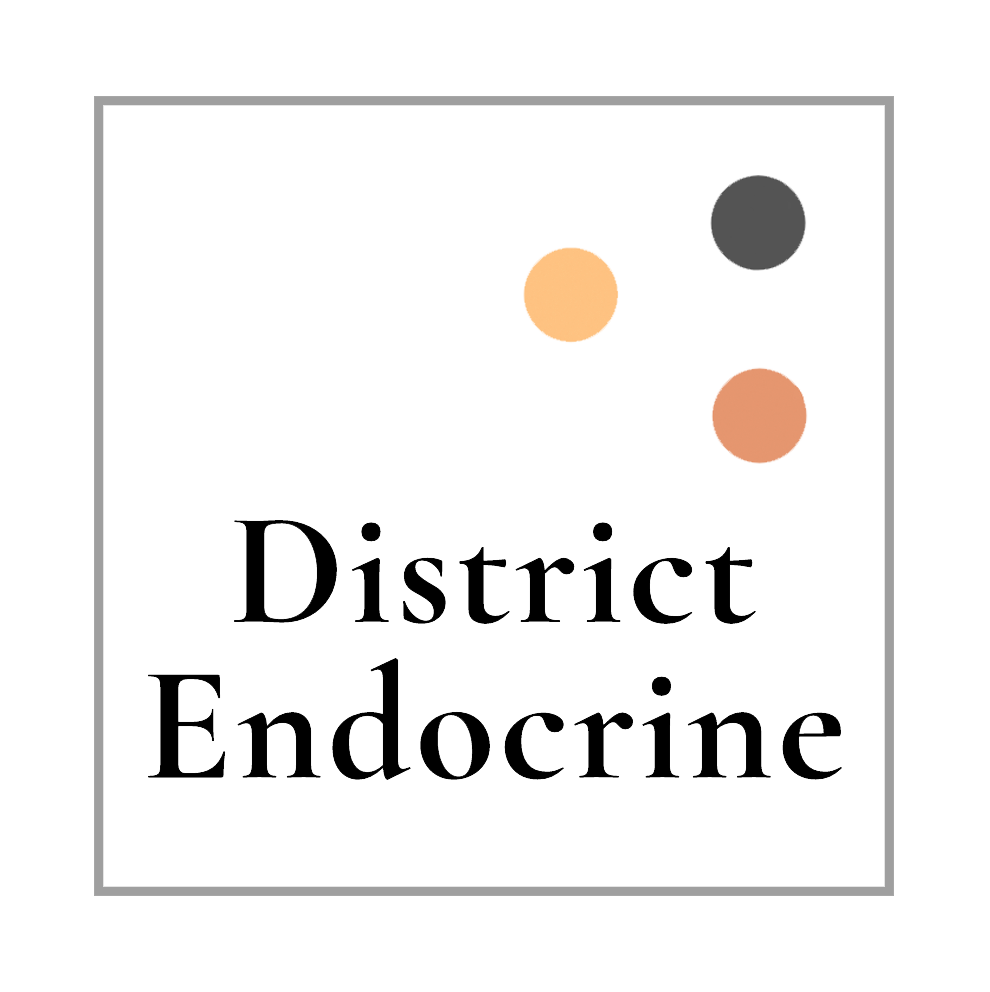
.
Patient Handout Download:
Low Testosterone Hypogonadism Handout
What is male hypogonadism (Low Testosterone)?
Hypogonadism is a medical condition when the body does not produce enough male hormone call testosterone. This is a fairly common disorder, and a lot of patients end up seeing an endocrinologist.
Primary hypogonadism
When low testosterone develops because of a testicle problem, you have primary hypogonadism. It may be caused by undescended testicles, mumps infection, testicular injury, or high levels of iron.
Secondary hypogonadism
Secondary hypogonadism results due to a problem in your hypothalamus or pituitary gland, which controls testosterone production. Several conditions such as inflammatory diseases, extreme stress, severe illness, or a pituitary gland tumor are common conditions that may cause hypogonadism. Obesity and certain medications (steroids, pain meds, narcotics) also cause low testosterone.
What should I know about testosterone?
Testosterone is the primary hormone in men, where it’s responsible for male sexual characteristics and maintains overall health.
Testosterone regulates:
- Sex drive and sperm production
- Muscle strength and mass
- Fat distribution
- Reduced red blood cells
- Bone density
About 95% of testosterone in men is produced in the testes.
How does age affect testosterone?
Testosterone starts to drop around age 30; then, it continues to decline yearly up to 2%. This age-related decline could get accelerated by chronic health conditions such as diabetes, obstructive sleep apnea, obesity, and high cholesterol. However, the Endocrine Society’s guidelines do not have an age range cut off to testosterone supplements.
What symptoms develop due to hypogonadism?
Hypogonadism causes several symptoms such as:
- Low sex drive
- Erectile dysfunction
- Weight gain
- Reduced muscle mass
- Osteoporosis
- Chronic fatigue
- Decrease in beard and body hair
- Depression
- Difficulty concentrating
- Enlarged breasts called gynecomastia
What are the benefits of testosterone replacement therapy?
- In adults and it helps with boys were delayed puberty.
- Testosterone replacement will result in loss of fat and an increase in muscle mass.
- Testosterone helps with building muscle strength and muscle mass as well as improving physical performance. However, it should not be taken as the sole purpose of building muscle mass.
- Testosterone increases bone density, and that can prevent osteoporosis and bone fractures.
- The treatment can also result in improved mood and sense of well-being that improve quality of life.
- Testosterone improves sexual function and improves sex life.
How is hypogonadism treated?
Hypogonadism is treated primarily with hormone replacement therapy. If you have primary hypogonadism, testosterone treatment can restore your overall health and improve symptoms.
For secondary hypogonadism, treatment with pituitary hormones may stimulate sperm production and improve infertility. Pituitary tumors aren’t uncommon, but you may need surgery to remove the tumor in some cases.
If you experience erectile dysfunction, low sex drive, or other symptoms of hypogonadism, call District Endocrine or book an appointment online.


